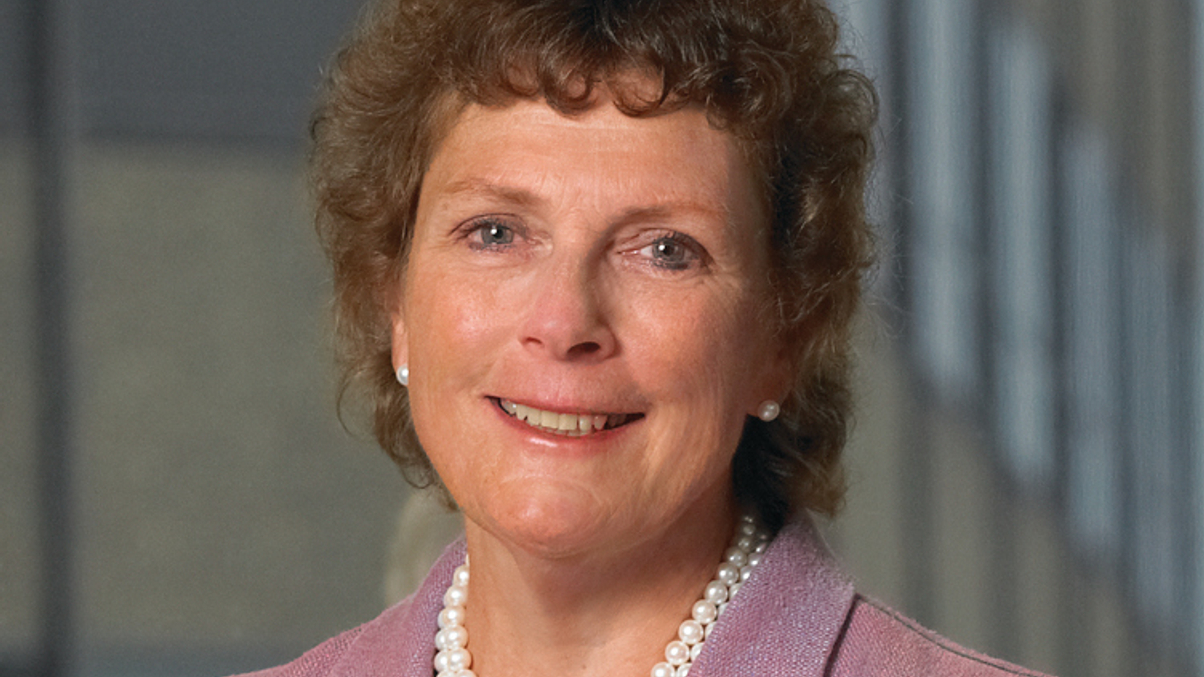Cambridge Associates eyes regional expansion
The US investment consulting firm's CEO, Sandy Urie, discusses Asia's growing appetite for advice on alternative investments such as hedge funds.

Sign in to read on!
Registered users get 2 free articles in 30 days.
Subscribers have full unlimited access to AsianInvestor
Not signed up? New users get 2 free articles per month, plus a 7-day unlimited free trial.
¬ Haymarket Media Limited. All rights reserved.


